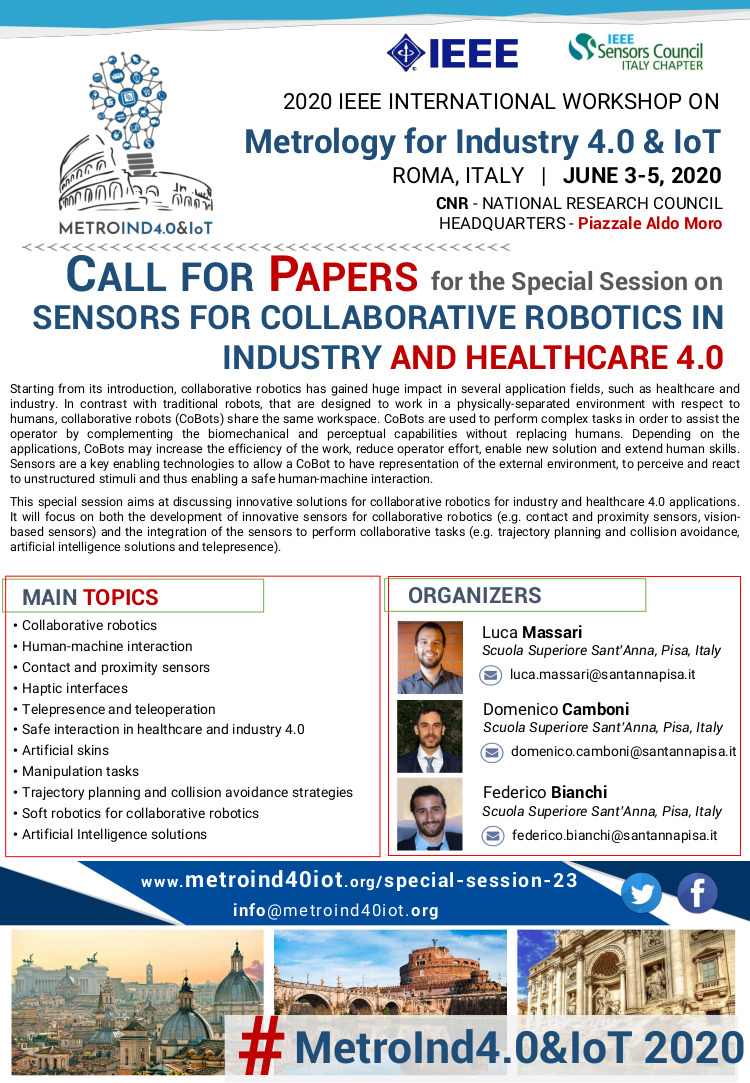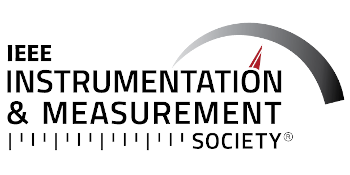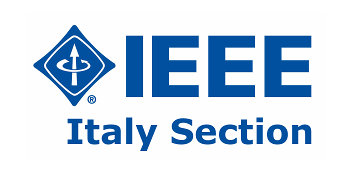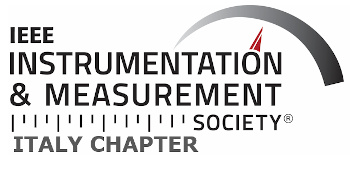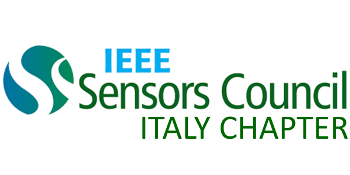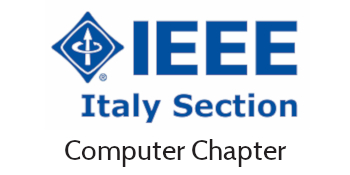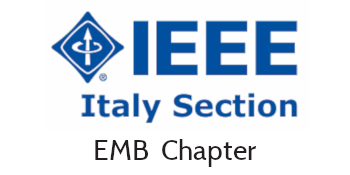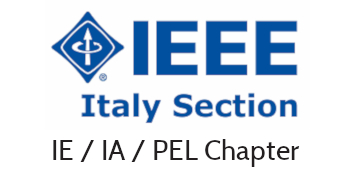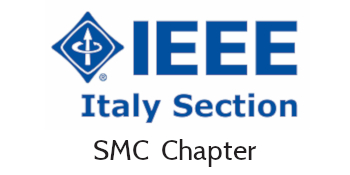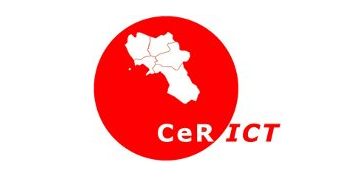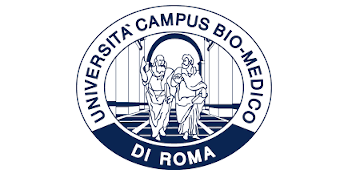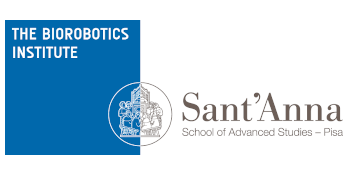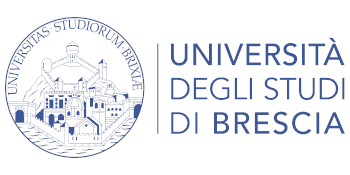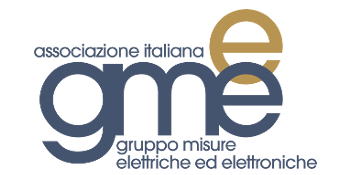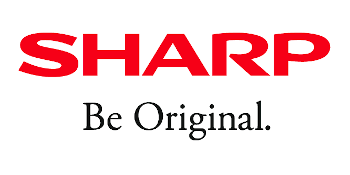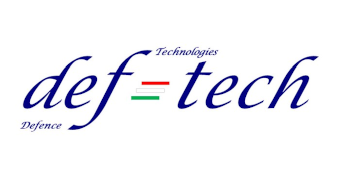Sensors for collaborative robotics in Industry and Healthcare 4.0
ORGANIZED BY
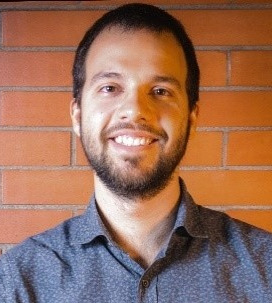
Luca Massari
The BioRobotics Institute, Scuola Superiore Sant’Anna, Pisa, Italy
Department of Excellence in Robotics & AI, Scuola Superiore Sant’Anna, Pisa, Italy

Domenico Camboni
The BioRobotics Institute, Scuola Superiore Sant’Anna, Pisa, Italy
Department of Excellence in Robotics & AI, Scuola Superiore Sant’Anna, Pisa, Italy

Federico Bianchi
The BioRobotics Institute, Scuola Superiore Sant’Anna, Pisa, Italy
Department of Excellence in Robotics & AI, Scuola Superiore Sant’Anna, Pisa, Italy
ABSTRACT
Starting from its introduction, collaborative robotics has gained huge impact in several application fields, such as healthcare and industry. In contrast with traditional robots, that are designed to work in a physically-separated environment with respect to humans, collaborative robots (CoBots) share the same workspace. CoBots are used to perform complex tasks in order to assist the operator by complementing the biomechanical and perceptual capabilities without replacing humans. Depending on the applications, CoBots may increase the efficiency of the work, reduce operator effort, enable new solution and extend human skills. Sensors are a key enabling technologies to allow a CoBot to have representation of the external environment, to perceive and react to unstructured stimuli and thus enabling a safe human-machine interaction.
This special session aims at discussing innovative solutions for collaborative robotics for industry and healthcare 4.0 applications. It will focus on both the development of innovative sensors for collaborative robotics (e.g. contact and proximity sensors, vision-based sensors) and the integration of the sensors to perform collaborative tasks (e.g. trajectory planning and collision avoidance, artificial intelligence solutions and telepresence).
TOPICS
- Collaborative robotics
- Human-machine interaction
- Contact and proximity sensors
- Haptic interfaces
- Telepresence and teleoperation
- Safe interaction in healthcare and industry 4.0
- Artificial skins
- Manipulation tasks
- Trajectory planning and collision avoidance strategies
- Soft robotics for collaborative robotics
- Artificial Intelligence solutions
ABOUT THE ORGANIZERS
Luca Massari received the M.Sc. degree in Biomedical Engineering from the University of Rome “La Sapienza”, Italy, in 2015 and he obtained the PhD in BioRobotics at The BioRobotics Institute of Scuola Superiore Sant’Anna, Pisa, Italy, both with honours. He is currently part of the Neuro-Robotic Touch laboratory serving as Post-Doc and his research focuses on development of new tactile sensors and haptic interfaces, identifying innovative solutions in terms of design and development, exploiting them for applications in different biorobotics fields, such as medical robotics, wearable technologies, and collaborative robotics.
Domenico Camboni received his B.Sc degree in Electronic Engineering from University of Pisa, Italy, in 2009, the M.Sc. degree in Electronic Engineering from University of Pisa, Italy in 2011 and the PhD degree in BioRobotics (with honours) from Scuola Superiore Sant’Anna, Pisa, Italy, in 2016. From 2012 to 2017, he served as Research Assistant at The Biorobotics Institute, Scuola Superiore Sant’Anna, Pisa, Italy. From 2017 until today he is a Technical Research Manager with The Biorobotics Institute, Scuola Superiore Sant’Anna, Pisa, Italy. His research interest includes the development of novel tactile sensors and force sensors but also the integration with neuromorphic algorithms, based on the Izhikevich model, within real-time target.
Federico Bianchi received the M.Sc. degree in biomedical engineering from the University of Pisa, Pisa, Italy, in 2016. He is currently with the Computer-Integrated Technologies for Robotic Surgery Laboratory at The BioRobotics Institute, Scuola Superiore Sant'Anna, Pisa, Italy, as a PhD student active in the field of collaborative robotics for healthcare applications, such as robotic capsule endoscopy. His research interests include collaborative medical robotic platforms (i.e., teleoperated magnetic-based robotic platforms), localization and navigation of intraluminal robots.



